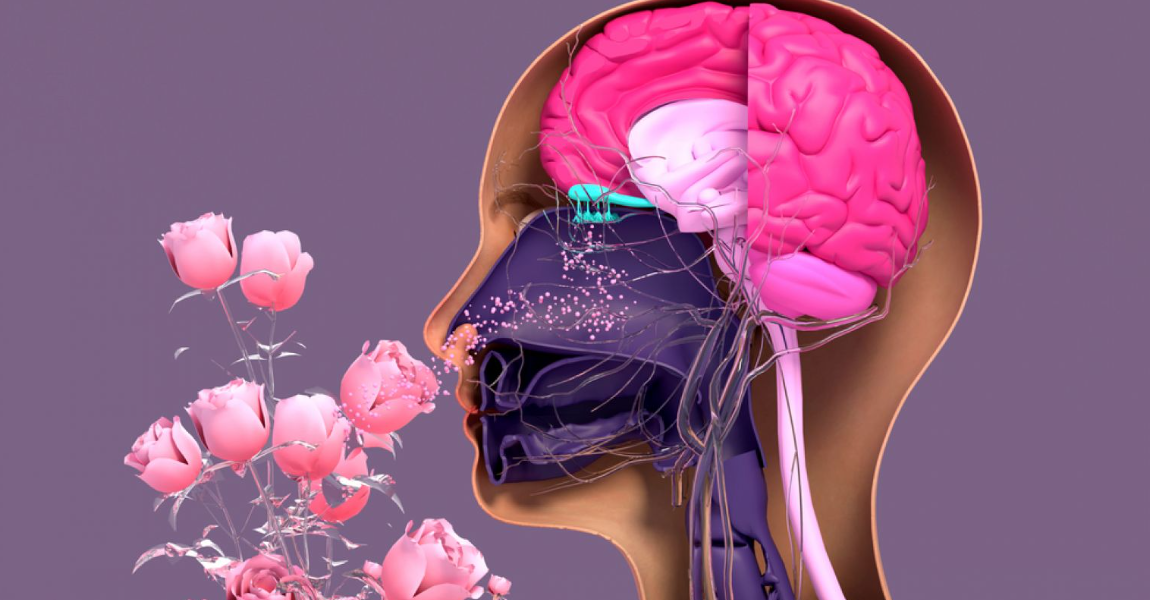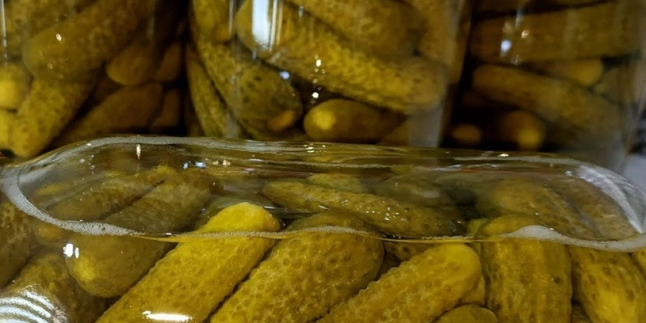Proust Effect: Why Do Smells Revive Memories in Our Memory?

Have you ever smelled something and been transported to a distant memory? If your answer is “Yes”, the reason for this is the Proust effect!
When you smell the sea, do you remember the days you played by the sea when you were little? Or have you ever heard your friend’s perfume when someone passed you and missed them? We’re sure we’ve all experienced this at least once.
This situation, called the “Proust effect”, refers to a scene in Marcel Proust’s work “In Search of Lost Time”. In this scene, Proust’s main character tastes a cake and this taste takes him back to a memory from the past. The term “Proust effect” later entered the psychology literature and was used especially by researchers studying memory and recall. This effect refers to the revival of our past memories when we are exposed to sensory stimuli. This occurs when the sensory stimulus affects the memory centers in the brain.
The Proustian effect shows that sensory experiences can evoke people’s past experiences and that these experiences depend on sensory stimuli. It is an important topic in memory research and provides important clues about the functioning of human memory. Now, without wasting any more time, let’s see what the Proust effect is.
Why do smells take us back to memories from long ago?
There’s a reason our minds associate smell with memories. This has to do with a mechanism in our brain. Of our five senses, especially the sense of smell can send a direct signal to memories stored in memory. More precisely, our smell information reaches our limbic system. From there, the hippocampus and the nucleus of the amygdala are stimulated. The hippocampus is where our memories are housed, and a smell can be linked to a memory.
Smell can evoke any emotion, from happiness to sadness, anger, or a bad memory from our past. Because of the structure and design of the brain, we can recall a memory or an emotion the moment we encounter a familiar smell.
Many scientific studies are being conducted on olfactory memory, which we call the Proust Effect.
For example, according to a study published in the journal Nature in 2021, smell activates location cells in the hippocampus (long-term memory center of the brain), and smells directly affect our ability to navigate along with long-term memory. Scientific studies on this subject; It shows that data reinforced with an emotional trigger has a much clearer place in our minds. On the other hand, according to these studies; The senses of smell and taste have a direct connection with the hippocampus, and the trace they leave is quite permanent.

How can scents be used to improve mood?
Based on the Proust Effect, scents like lavender oil and chamomile are said to help with insomnia or are good for the brain. However, this may not be true for everyone. If your brain has associated these pleasant scents with bad memories, the scent of lavender will probably not relax you. Studies conducted in England on the connection between smells and memory revealed that subjects who smelled rosemary had improvements in their memories.
Based on this information, we can say that not all fragrances are beneficial for everyone. However, a person can benefit from the healing effects of scents by using aromas that their brain associates with good memories. This way, scents can be customized to individual needs.

























